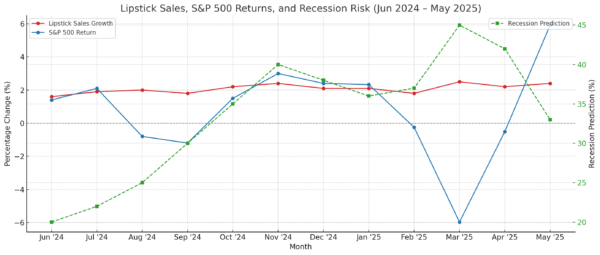What is Investment Capital?
Every company needs to have some form of investment capital accessible to it. Investment capital is a broad term that covers a wide range of financial assets such as cash, stock, manufacturing equipment, buildings, etc. Essentially, it’s anything you can leverage (invest) into wealth-generating activities. Most often, it’s synonymous with cash.
Investment capital is what allows a business to start up. And while it becomes less critical over time as the company is able to generate its own cash flows, it’s still important in helping the company grow.
Here’s what companies and investors should know about investment capital and the role it plays in a business’ journey.

From Startup to Established Company
The smaller the company and its operations, the more heavily it relies on investment capital to function. Startups are a great example. They need money to get up and running, which means seeking support before they have any real means of generating revenue. This is why so many companies seek investors for early-stage funding.
As a company grows and begins to generate its own cash flows, it relies less and less on outside investment capital. However, that doesn’t mean it stops relying on it entirely. Businesses still need funds to finance growth, expansion, evolution and innovation. While they can get some of it from operational profits, many turn to investors in public markets. Debt and equity offerings allow them to tap new sources of funding, to grow without straining the company’s financials.
Every public company relies on investment capital to fund its projects; as do many private businesses. It’s the means to continued success as companies put those assets to work to grow revenues.
Debt vs. Equity Investment Capital Sources
Going public allows companies to tap into secondary markets and access investor capital directly. Organizations can choose to secure capital in one of two primary ways: debt or equity offerings.
- Debt can include bank loans, corporate bonds and other borrowed collateral.
- Equity comes from selling ownership interest in the company, via stock offerings.
There are trade-offs to both debt and equity sources. For example, companies need to pay back debt with interest, which means effectively paying for access to that capital. Meanwhile, equity involves diluting the ownership stake as a means to attract more investors willing to put up capital.
The right source of investment capital depends on the situation. New startups often need access to funds without hampering the balance sheet with debt, so they choose equity. Large companies financing new equipment may choose debt, because they’re confident in their ability to pay that back in a short time.
Other Types of Investment Capital
Because investment capital is anything that’s used to create revenue, it goes beyond the public markets. There are opportunities for companies to invest many different sources of capital into revenue-generating operations. Other forms of capital can include:
- Private equity
- Venture capital
- Bank loans
- Equipment
- Patents
- Brands
An important consideration in all forms of investment capital are property rights. The company needs an ownership stake in its capital before it can put it to work. This is the purpose of stock and bond issuances. It’s also why land titles, patent filings, equipment lease agreements and the like are so important. These agreements all authorize companies to put assets to work.
Investment Capital vs. Capital Investment
There’s an important distinction between investment capital and a capital investment. The former is the money or assets used to fuel revenue-generating activities. The latter represents the high-value asset (or other investment) purchased to facilitate revenue growth. The two terms are similar because they go hand-in-hand. Both represent the means to increased revenues.
Take a farming operation, for example. The company needs to buy a new tractor, so it issues bonds to raise capital for that purchase. Bonds represent the means to acquire investment capital, while the tractor itself is the capital investment—the item purchased with those funds.
Individual Investment Capital
The term “investment capital” also applies to the money given to businesses by investors. In fact, the terms are one-in-the-same, taken from different perspectives. How each entity views it depends on their position.
While businesses pursue investment capital to grow, investors lend it as a way to generate wealth. The concept is simple: as the business grows, so will the shareholder’s wealth. It goes beyond shared appreciation, too. Paying dividends or issuing bonds with attractive coupon rates entices investors towards certain companies or products with the potential to grow their wealth larger or quicker.
The companies collecting investor capital need to fulfill their promise—or risk losing investor support. It’s why investors flock to companies with a proven track record of positive performance (and sell out of struggling companies). This represents the natural ebb and flow of the markets.
Every Growing Business Needs Capital
If you’re not growing, you’re standing still—which means every other business that is growing will pass you by, leaving you behind. To fuel continued growth that doesn’t come at the expense of financial stability, companies seek investment capital. Whether it’s private investors at the startup stage or capital from public markets to fuel a growing enterprise, every company needs access to investment capital.
To learn more about making smart investments and how you can build wealth in your life, sign up for the Liberty Through Wealth e-letter below. You can find your path to financial freedom with help from the Liberty Through Wealth experts.
It’s the duty of every company to put investor capital to work in a way that fuels growth and returns value to investors. This is the fundamental purpose of public markets and a pillar concept in the broader economy.





